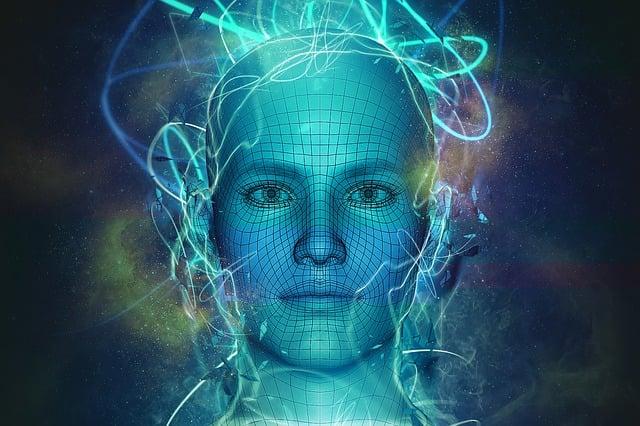Index
- Introduction
- Digital Immortality
- Potential Implications
- Ethical Concerns
- Current Advancements
- Future Predictions
- Conclusion
- FAQs
- References
Introduction
Digital immortality is a concept that explores the idea of preserving a person's consciousness or identity in a digital form beyond physical life. This article delves into the implications, concerns, current advancements, and future predictions surrounding digital immortality.
Digital Immortality

(Image: Pixabay/@geralt)
Digital immortality refers to the hypothetical concept of continuing one's existence in a digital form after biological death. This can take various forms such as uploading one's consciousness into a computer or creating a digital avatar that mimics the individual's personality, memories, and emotions.
Advancements in artificial intelligence, neuroscience, and data storage have sparked discussions about the feasibility and ethical considerations of achieving digital immortality.
Potential Implications

(Image: Pixabay/@39203578)
The idea of digital immortality raises several thought-provoking questions about identity, consciousness, and the nature of existence. It could potentially revolutionize how we perceive mortality, memory preservation, and even communication with deceased loved ones.
Furthermore, the creation of digital replicas or AI-based avatars of deceased individuals may impact various industries such as entertainment, customer service, and healthcare.
Additionally, digital immortality could lead to new opportunities for personal growth, self-reflection, and connecting with future generations through preserved digital legacies.
Ethical Concerns

(Image: Pixabay/@vocablitz)
While digital immortality offers intriguing possibilities, it also raises significant ethical concerns. Issues related to privacy, consent, data security, and the potential misuse of digital replicas are crucial areas that require careful consideration.
Questions about ownership rights, authenticity of digital selves, and control over posthumous representations highlight the complex ethical dilemmas associated with pursuing digital immortality.
Ethical frameworks and regulations must evolve to address the unique challenges posed by the convergence of technology and personal identity in the realm of digital immortality.
Current Advancements

(Image: Pixabay/@Jazella)
Several research initiatives and projects are exploring technologies that contribute to the realization of digital immortality. These include advancements in artificial intelligence, brain-computer interfaces, virtual reality simulations, and data encryption methods.
Companies and academic institutions worldwide are investing in initiatives that aim to capture, store, and replicate aspects of human consciousness in digital formats, paving the way for future breakthroughs in digital immortality.
Despite ongoing challenges and limitations, progress in fields like neurotechnology and cognitive science is driving the exploration of novel approaches to achieving digital immortality.
Future Predictions

(Image: Pixabay/@TheDigitalArtist)
The future landscape of digital immortality is envisioned to be multifaceted and transformative. Speculations range from personalized AI companions based on archived memories to immersive virtual worlds inhabited by digital beings created from archived personalities.
Advancements in biotechnology, nanotechnology, and quantum computing may offer unprecedented capabilities for digitizing human consciousness and enhancing the quality of digital afterlife experiences.
As society navigates the evolving intersections of technology and humanity, the concept of digital immortality is poised to challenge traditional notions of life, death, and the enduring legacy of human existence.
Conclusion
In conclusion, digital immortality represents a captivating yet complex frontier blending science, ethics, and existential questions. The pursuit of digital immortality opens up a realm of possibilities and challenges that invite profound reflection on the essence of being human in a digital age.
FAQs
How can digital immortality impact personal identity?
Digital immortality has the potential to redefine notions of personal identity by blurring the boundaries between physical and digital selves. It raises fundamental questions about continuity of consciousness and the authenticity of replicated identities.
What are the key privacy concerns related to digital immortality?
Privacy concerns in digital immortality encompass issues such as unauthorized access to personal data, manipulation of digital replicas for malicious purposes, and the exposure of sensitive information stored in digital consciousness archives.

